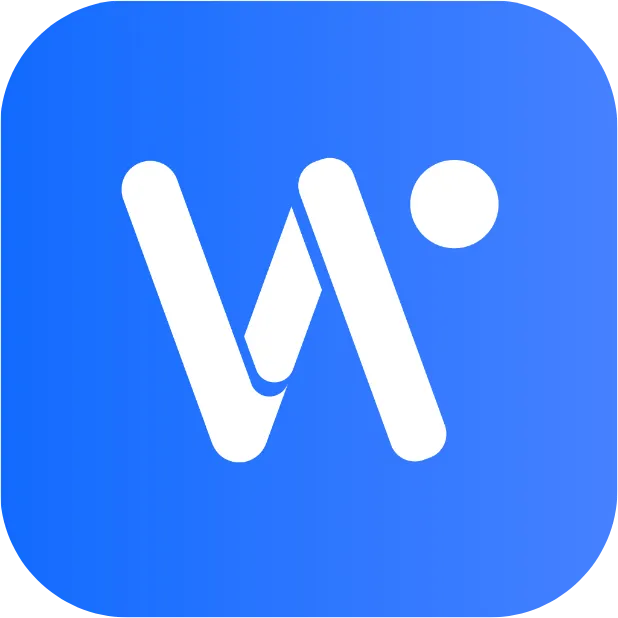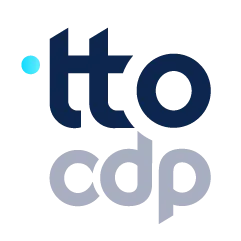6 Advanced AI-Powered SEM Google Strategies to Maximize Google Advertising ROI
Google's latest AI innovations, such as Performance Max and Demand Gen campaigns, are redefining how marketers approach search engine marketing. According to Google APAC's Ads and Cloud marketing leaders, Keiko (Kay) Aoki and Shaifali G. Nathan, the key to unlocking AI's potential lies in moving beyond the hype and focusing on practical implementation. With AI-powered tools now capable of automating bidding, optimizing creatives, and personalizing ad experiences at scale, marketers who fail to adapt risk falling behind. This article explores how Google's AI-driven SEM tools are revolutionizing advertising, from campaign automation to creative production, and provides actionable insights for marketers looking to harness these technologies effectively.

Ⅰ. Key AI Tools and Frameworks for SEM google
This framework enables marketers to leverage AI across the entire campaign lifecycle. For instance, Ads Data Hub allows brands like Tanishq to blend first-party data with campaign metrics, uncovering predictive insights that drive offline sales. Similarly, Performance Max and Demand Gen campaigns use generative AI to optimize ad placements across Google's ecosystem, ensuring the right message reaches the right audience at the right time. By integrating first-party data with AI, marketers can fuel hyper-targeted campaigns that deliver measurable business outcomes.
Ⅱ. Practical Applications of AI in SEM Campaigns
Real-world case studies demonstrate the tangible benefits of AI in SEM. Coupang, for example, combined Demand Gen and Performance Max campaigns to expand its reach and conversions in Taiwan. By leveraging AI-driven audience segmentation and multi-format creatives, Coupang achieved a significant boost in new customer acquisition. Similarly, Okinawa SV Agri used Performance Max to overcome brand awareness challenges, resulting in a 184% increase in monthly purchases. Automated tools like Auto Apply and Smart Bidding further streamlined their campaigns, enabling the company to focus on core business strategies. These examples highlight how AI not only enhances efficiency but also unlocks new growth opportunities by optimizing every facet of SEM Google, from keyword targeting to ad placement.
Ⅲ. Enhancing Creative and Content with AI
The demand for high-quality, platform-specific creatives has never been greater. Google's AI-powered tools like AutoTrim and Flip Video enable marketers to resize, reformat, and dub videos effortlessly, ensuring optimal performance across YouTube Shorts, display ads, and other channels. Generative AI takes this a step further by producing entirely new ad variations based on brand assets. For instance, Sony found that AI-dubbed video ads increased ad recall by 25%.
Additionally, by automating repetitive tasks, AI frees marketers to focus on strategic creativity, ensuring their messages resonate with diverse audiences. Topkee enhances this process through its advertising services, leveraging AI-driven keyword research, ad creative optimization, and landing page customization to improve ad relevance and ROI. Their platform-agnostic approach supports Google, Bing/Yahoo, and Baidu campaigns, enabling precise audience targeting across devices and regions. With features like Tracking Manager for performance analytics and automated text creative generation, Topkee ensures ads align with business goals while reducing manual workload. This integration of AI and data-driven strategies empowers brands to refine ad placements, boost conversions, and allocate budgets efficiently—complementing broader creative optimization efforts.
Ⅳ. Audience Targeting and Personalization
AI's ability to analyze vast datasets in real time has elevated audience targeting to new heights. Lookalike audiences, powered by first-party data, enable brands like Coupang to identify high-value prospects with precision. Predictive analytics further refine these efforts by anticipating customer behavior, as seen in Les Mills' 561% increase in sign-ups through Demand Gen campaigns.
Real-time optimization ensures ads remain relevant throughout the customer journey, whether a user is exploring products or ready to purchase. Topkee enhances this process through comprehensive SEM Google advertising services, including keyword research, ad creative production, and landing page optimization to align with user intent. By leveraging AI-driven tools and competitor analysis, Topkee identifies high-performing keywords and crafts targeted ad groups, improving ad reach and relevance. Additionally, their tracking manager generates user source links to analyze campaign effectiveness, while periodic reports on ROI and conversions enable data-driven adjustments. This level of personalization not only improves conversion rates but also enhances the overall customer experience, fostering long-term brand loyalty.

Ⅴ. Measuring Success and Scaling AI Initiatives
To maximize ROI, marketers must track the right metrics. Topkee enhances this process by offering comprehensive advertising services to improve ad relevance and conversion rates. Detailed reporting on keywords, conversions, and ROI allows marketers to refine strategies and allocate budgets effectively, ensuring measurable improvements in advertising effectiveness and overall return on investment.
For example, Tanishq used these insights to optimize its Diwali YouTube campaigns, significantly boosting offline sales. Scaling successful initiatives requires a test-and-learn approach: start with pilot campaigns, measure impact, and expand based on data. Coupang's strategy of layering Demand Gen atop Performance Max campaigns illustrates how incremental scaling can amplify results. By continuously refining tactics and leveraging AI's learning capabilities, marketers can achieve sustainable growth.
Ⅵ. Future Trends in AI for SEM Google
The future of AI in SEM Google promises even greater innovation. Emerging technologies like Gemini models are set to enhance creative production and audience targeting further. As AI becomes more integrated into marketing workflows, we can expect a shift toward fully autonomous campaigns that adapt in real time to market trends. Marketers must stay ahead by experimenting with new tools and fostering cross-functional collaboration, ensuring their organizations are prepared to capitalize on these advancements. The rise of immersive ad formats, such as interactive AI assistants and metaverse experiences, also signals a new era of engagement that blends creativity with cutting-edge technology.

Conclusion
The integration of AI into SEM Google is no longer optional—it's a necessity for staying competitive. From automating bids to generating dynamic creatives, Google's AI tools offer unparalleled efficiency and precision. Key takeaways include prioritizing first-party data, testing AI-powered campaigns, and scaling successful initiatives. Marketers should also foster collaboration across teams to ensure seamless adoption. As the landscape evolves, those who embrace AI will lead the charge in delivering personalized, high-impact advertising. Ready to transform your SEM Google strategy? Partner with experts to navigate this exciting frontier and unlock your brand's full potential.







